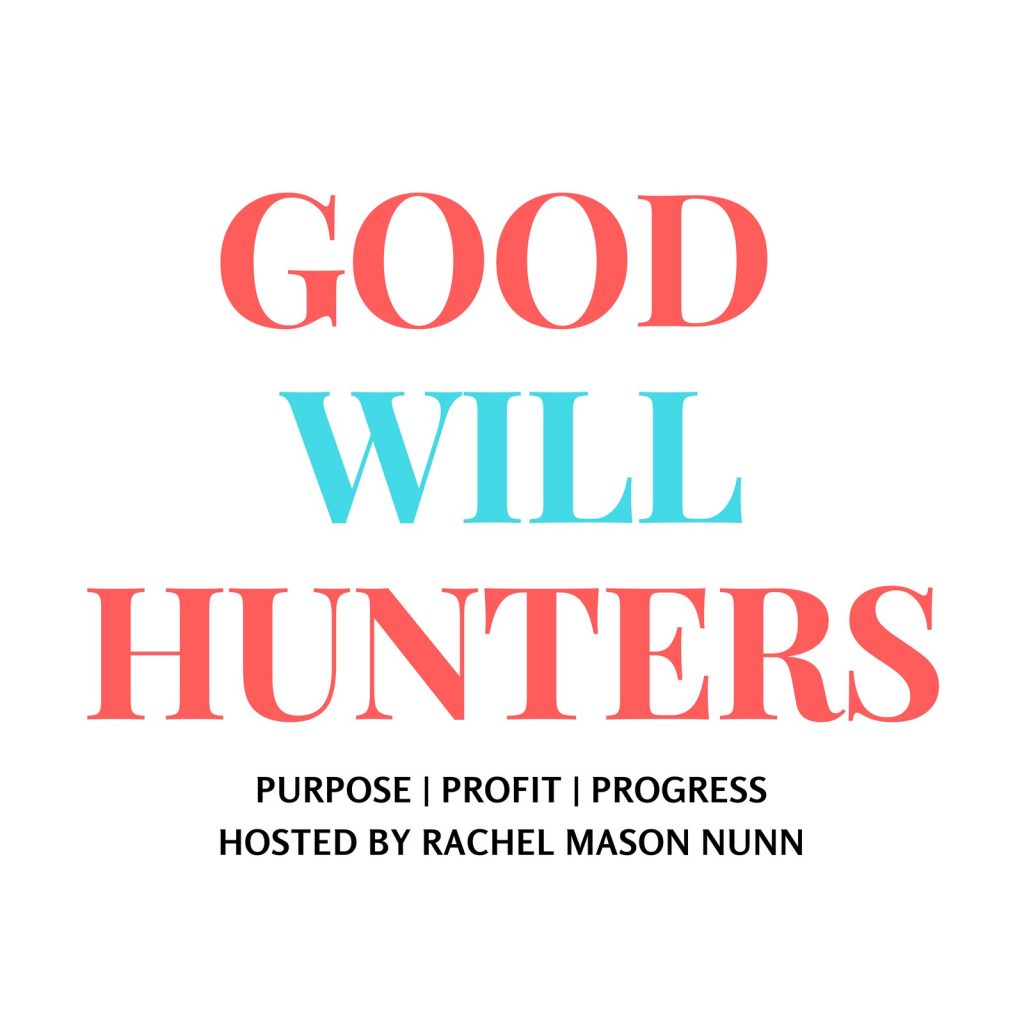Welcome to Episode 42 of Good Will Hunters, with Sandra Uwantege Hart.
This episode is sponsored by SolarBuddy, the organisation bring solar lights to children living in energy poverty all over the world. The future is brighter with SolarBuddy!
Sandra is the Pacific Cash and Livelihoods Lead for Oxfam, based in Vanuatu. One of my absolute favourite topics is humanitarian assistance, and particularly how we can deliver better humanitarian assistance in natural disasters. Sandra has been involved in multiple humanitarian responses in the Pacific Islands, including the response to the volcanic eruption on Ambae, Vanuatu,
In this episode, we chat about how Oxfam turned humanitarian response upside down, by conducting a cash feasibility study. Basically, they asked the question “Why not give cash in a humanitarian emergency?” and found that many parts of Vanuatu, including Ambae, were suitable for cash-handouts during a disaster. Fortuitously, the volcanic eruption on Ambae occurred just weeks after the cash feasibility study was complete. It became the first natural disaster in the country whereby those affected were given direct cash handouts – and the results were seriously impressive.
In this episode, we discuss the rationale and logistics of giving cash instead of in-kind support, the realities of working in humanitarian emergencies, how to align cash support with local economies, the role of banks during a natural disaster, and… blockchain! Hint: blockchain has enormous potential in natural disaster responses!
The Unblocked Cash pilot could not be delivered without the generous financial and non-financial support of key partners, including Sempo, an Australian startup (who built the blockchain platform), Consensys, a global blockchain firm who provided technical support, AND of course the Australian government – who funded this program and most of Oxfam’s other cash preparedness work. In addition, the New Zealand government supported the Ambae Response work.
Enjoy,
Rachel

